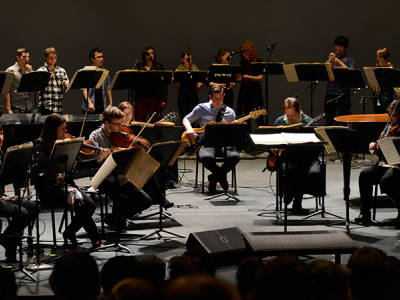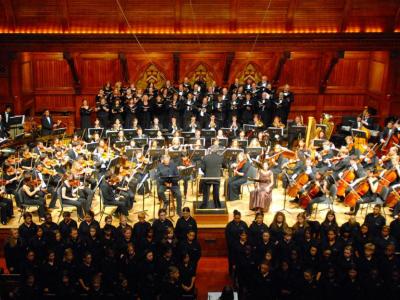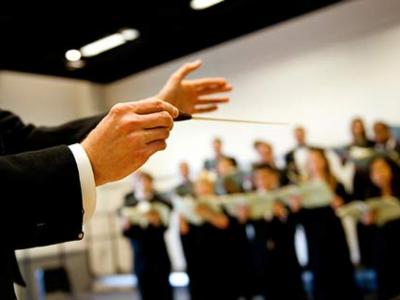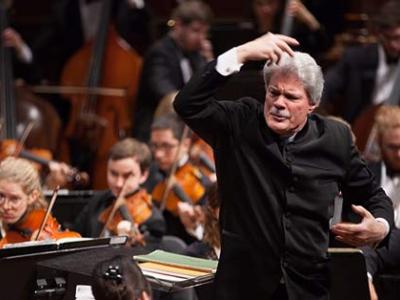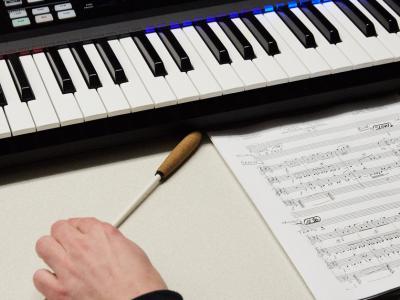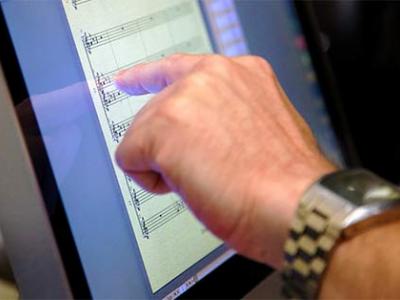What does a Music Professor do?
Music professors at colleges and conservatories work with advanced students to deepen instrumental skills, refine ensemble playing, and expand knowledge of theory, composition, reading, repertoire, improvisation, and more. Outside of classroom and private instruction, professors might organize or lead ensembles, conduct academic research, create curricula, hold master classes, attend meetings and student recitals, or work as a professional musician or composer. Music professors at universities might also offer an appreciation course for non-majors.
At a Glance
There are three prerequisites to applying for a job as a college or conservatory professor: one must be a skilled artist, an experienced instructor, and a graduate of a master's or doctoral degree program. Many begin their higher-education teaching careers while still enrolled in graduate school, as teaching assistants (or T.A.s). Some gain additional educational experience by working as middle or high school music teachers, or private instructors.
Successful college or conservatory professors can move up the ranks from untenured guest positions to tenured full faculty ones, and eventually become the head or chair of their departments. From there, one can choose to become a higher education administrator.
There are numerous varieties and levels of teaching positions at conservatories, colleges, and universities, from guest lecturer to department chair. Positions are either tenured, which means permanent, or untenured, which means they may be renewed at the discretion of the institution and relevant deans.
Adjunct professor, lecturer, and instructor are untenured positions, while assistant professor, associate professor, and professor are tenured or tenure-track positions. Aspiring music professors should look online for open candidate searches, and network with higher-education administrators and other music professors to increase the chance of being chosen for a position.
If one is struggling to land a tenured post such as associate or full professor, untenured adjunct professor positions are always plentiful and should be considered. Many institutions also have online-only programs, which often accept instructors with industry experience.
- General and/or deep knowledge of instruments
- Music theory
- Music history
- Reading and writing music
- Music composition
- Music improvisation
- Education
- Written and verbal communication
- Organization
University and conservatory professors must be accomplished artists, to be sure, but equally important are strong teaching, organization, and communication skills. Passion and experience are fantastic for professors, but only insofar as they're communicated in a way that's helpful to students. The best teachers balance their high expectations for students with patience and understanding.
Depending on their position within the faculty, a professor might teach only a handful of private lessons and a master class, leaving plenty of time for personal projects and other work, or may carry a full teaching schedule and attend evening concerts, performances, and recitals on top of that, leaving time for little else.
Professors might live on campus or commute from elsewhere, with more significant travel a possibility. While untenured positions generally offer lower pay, minimal or no benefits, and no job security, they also provide freedom and flexibility for teachers with active performing careers.





